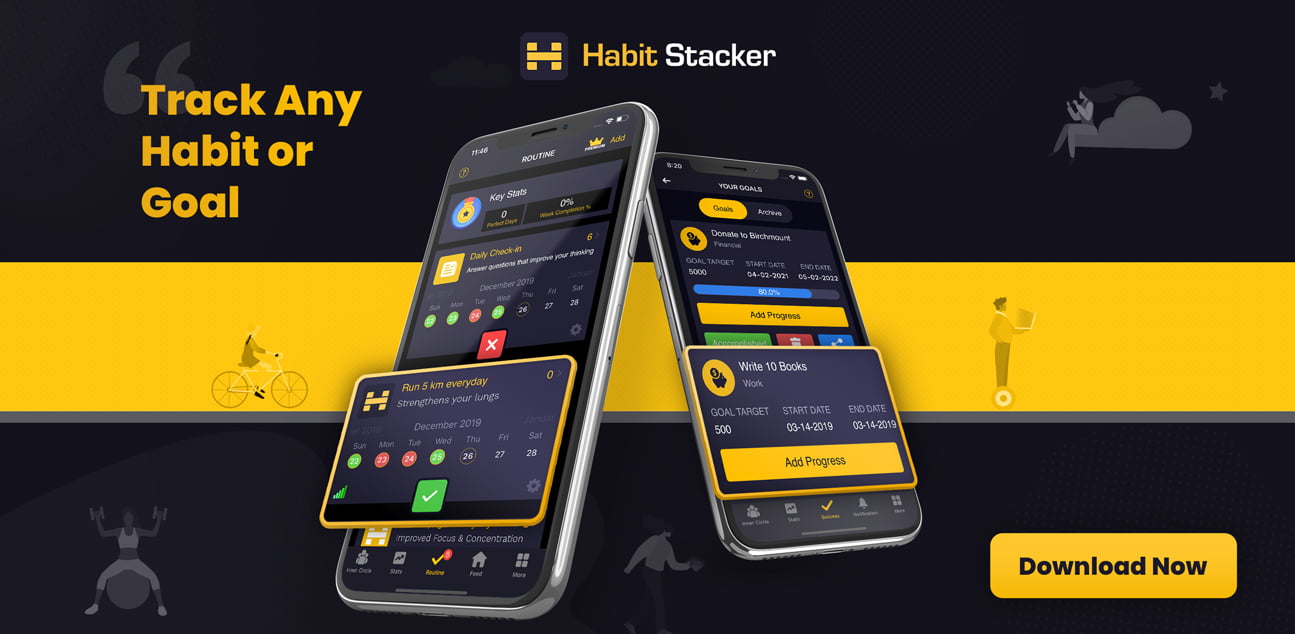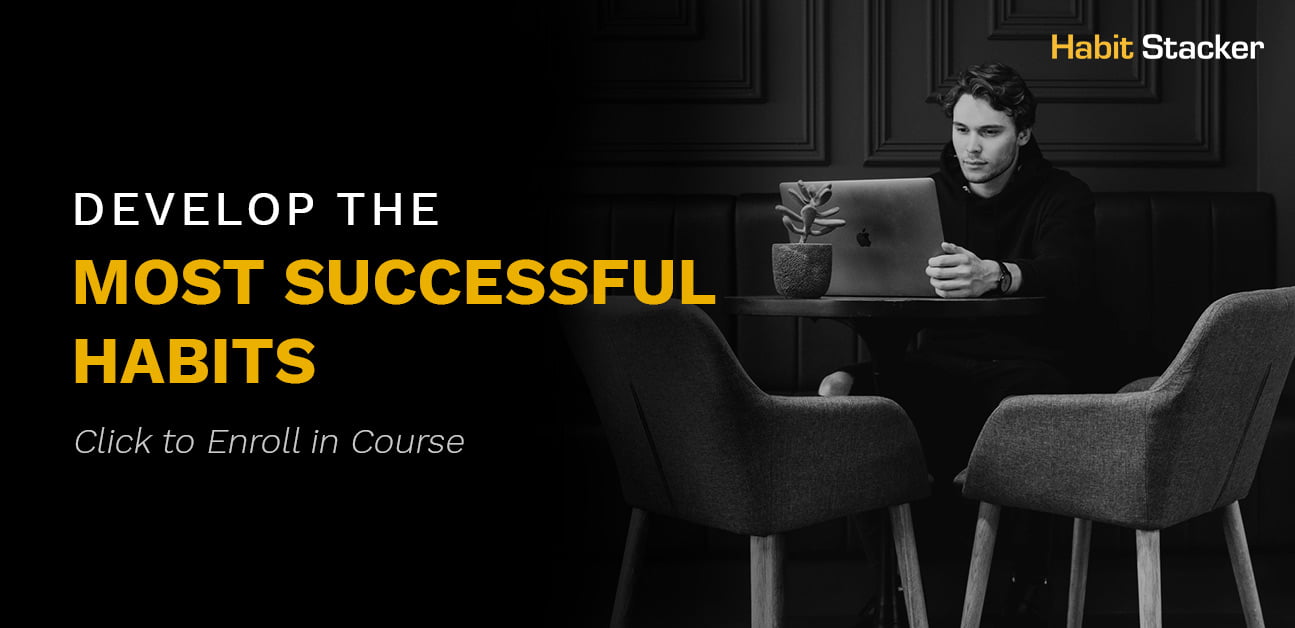Decision making is one of the few things you have control over in life. Think about it, and you can't control the weather or what other people say or do. There are so many things you have no say over. The one thing you always do have control over, though, is how you respond to life and your choices.
Most people think they make logical decisions all of the time. But the truth is a lot of our decision making is irrational, emotional, and even erratic at times. The better you can understand why you make poor choices, the easier it will be to make better choices moving forward.
"Sometimes its the smallest decision that can change your life forever." Keri Russel
Why Good Decision Making Matters
One decision has the power to change the entire trajectory of your life. Everything is connected, so one time where you go left instead of going right puts you in a different spot, and that spot can present vastly different opportunities.
The point is not to spend a ton of time before you make every choice. Its to help you realize that there is great power in every choice that you make. Sometimes the smallest decisions get shrugged off as not being a big deal, but our lives are made of tiny decisions.
When someone has a routine packed with excellent habits, they have a system they built into their lives to help them make small positive decisions each day. Drinking a healthy amount of water, working out, writing, reviewing your goals, reading the bible are all small choices.
Do them once and nothing changes, do them every day for a year, and your whole life will change.
How to Avoid Bad Decisions
It's in your best interest to take time thinking about your decision making because you don't make as good of a decision as you think you do. The following five items represent flaws in our thinking. These are all traps that anyone can fall into.
Confirmation Bias
Confirmation Bias occurs when you research information that supports what you already believe. Or even worse, you keep your social circle filled with people who will only present information that agrees with your world view.
Confirmation bias is dangerous because it gives you so much confidence that what you're thinking is accurate. You can think of so many people who agree with you. You go on social media, and all you have is people posting information that you agree with.
The reality is that you have not taken any time to read about opposing views. You have purposely trimmed your Facebook friends and deleted anyone with an opposing view so you cannot take in all sides.
How to Fight Confirmation Bias
Make an effort to talk with people and read books that have views that are the direct opposite of yours. Don't come to any conclusions until you are able to argue both sides.
For example, if you want to support a political party, you should make a case for the other side. That is how you know you have enough information about both sides.
Anchoring
Anchoring occurs when a number is set in your head that you need to go off of. For example, if you are planning to negotiate your salary and your thinking that you want to make $75,000 and the employer comes out and says they are thinking $40,000 first. You will anchor your counter off of that number.
Anchoring hurts you a lot because it often gets you thinking of numbers much lower or higher than what you were originally thinking. Stores do this all of the time to get you to pay more money for different items.
How to Fight Anchoring
When you know, there will be numbers involved, and you know you have an idea in your head of what number you want to be at. Focus on that number and even have a partner come with you that is not emotionally connected to the outcome.
No matter what numbers get thrown out, stick to your anchor. Its also in your best interest in any negotiations to put the first number on the table, so they anchor off of what you say.
Survivorship Bias
Survivorship bias is dangerous because it focuses on the winner's strategy and forgets about all of the losers that used the same strategy. Think about articles with titles like "6 High-Performance Habits Needed for Success"; these articles are focused on the winners. But there could be a tonne of people who used these 6 habits and failed.
You see this faulty logic used when thinking about how Bill Gates and Mark Zuckerberg dropped out of college and became billionaires. You do not realize how many more people fail with this strategy.
How to Fight Survivorship Bias
Learn about the people who have used these same winning strategies and have not been successful. Also, compare the numbers and make sure that you are not trying to be one in a billion.
Loss Aversion
We are hard-wired to want to avoid losses more than we are attracted to gaining. For example, losing 100 dollars will drive you more than the ability to gain $100. The responses are the opposite of each other, but loss creates more emotional pain.
This means that you overvalue what you already have and go to great extents to protect it. It can also explain why some people have such a hard time giving things away even if they never use those items.
How to Fight Loss Aversion
The best way to fight loss aversion is to regularly give things away. The more you get in the habit of giving, the more you realize the risk of losing is not as great as you think. When analyzing risk, focus on the possible gains, and keep in mind that the potential losses will seem much worse.
Availability Heuristic
The faulty thinking that whatever comes to mind is the most critical information. When people find out how this is the most peaceful time in the world, they often can't believe it. Many live everyday thinking violence is on the rise, but the reality is that its not so what is the cause of this?
The news best understands the availability of heuristic. The news constantly tells people about violence and horrible things. When you think of what is going around in the world, you think about these horrible crimes being reported but that is a small picture off all human behavior.
How to Fight the Availability Heuristic
Remember that the news being reported is a small glimpse of what you are happening in the world. Even better, remember that news loves to report on rare events. The more rare and exclusive, the better.
Building a Routine for Smart Decision Making
Your daily habits will dictate the type of decision-making skills you have. For example, do you get new information and let your confirmation bias sink in, or do you immediately rely on your habit of looking for contradictory information?
Routines help you to rely on a system rather than your own emotion. Your logic can understand why working out is a fantastic idea. Your emotion will override that logic and remind you of how much pain you will be in. If you are in the habit of working out every day, it won't matter how you feel emotionally.
The key is doing the research for yourself on the most impactful habits that you can develop. As you are doing this research, you have to keep the 5 ways of thinking above that lead to bad choices.
As you develop your list of the most impactful habits, you will begin to see the power of habit kick in overtime. The first change you will notice is that you will rely much less on your emotions. The second change will be seeing the power of small actions daily.
As you continue to make the right choice over and over again, the results begin to compound. Writing 100 words a day seems pretty insignificant until you have enough words for a book.
Think With The End in Mind for Good Decision Making
A lot of bad choices come from not thinking through the long-term consequences. You don't look far enough out to understand the impact of your choices. You eat the donut because you don't see how it can lead to health problems if you keep doing it. You don't see how your confirmation bias for supporting the same political party has led to voiding choices that have hurt you.
The best way to consistently make smart decisions is to know what you want and to think with the end in mind. What do you want for your life in 50 years, and how can you keep moving in that direction. Every decision you make should be based on this.
Everyone Wants These Things
- Wealth - A bit more change in your pocket
- Health - A healthy body and mind
- Love - Better family and relationships
- Happiness - To experience joy daily
No one would say they don't want any of these four things. Of course, you can and should get more specific about what you want in each category. Once you know this, every choice should move you in that direction.
You will feel the wrath of bad choices when it goes against the things you want in the long run.


